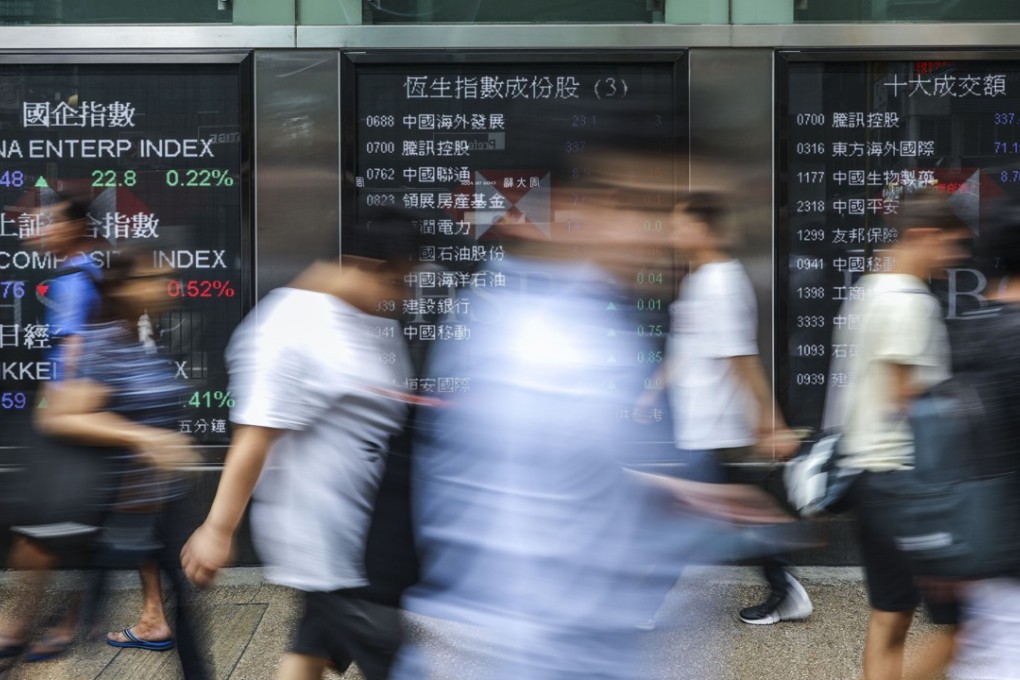Chinese stocks in post-holiday hangover as the cold reality of emerging market rout sets in

China’s stocks slumped by the most in almost four months when trading resumed on the country’s Shanghai and Shenzhen exchanges after a weeklong holiday, as investors caught up with a rout in global equities.
The CSI 300 Index, which tracks 300 of the largest stocks on both exchanges, dropped by 4.3 per cent, the biggest single-day percentage plunge in 31 months, to 3,290.90. The benchmark on the Shanghai exchange fell by 3.7 per cent while the key gauge on the smaller Shenzhen bourse tumbled by 3.8 per cent.
Investors fled Chinese equities, causing trading volume in Shanghai to soar by 32 per cent over the 30-month average, according to Bloomberg data.
“It’s basically a catch-up as the bad sentiment spills over to the local market,” said Wu Kan, an investment manager at Soochow Securities in Shanghai. “The jump in US Treasury yields will probably cause a global liquidity squeeze. On top of that, the angst about an all-out confrontation between the US and China still lingers.”
Chinese traders were looking to regional markets for cues as trading resumed on Monday, even as the central bank said on Sunday that it will lower the amount of reserves commercial lenders must set aside for a fourth time this year.
The MSCI Emerging Markets Index tumbled 4.5 per cent last week and the Hang Seng Index sank 4.4 per cent for the biggest drop for the five-day period since February. The surge in the US Treasuries yield to a seven-year high roiled global financial assets from stocks to developing-nation currencies on mounting concerns about capital outflows. China’s onshore yuan fell as much as 0.5 per cent on Monday.
Mainland stocks also dropped as a purchasing managers’ index showed China’s manufacturing industry expanded at the slowest pace since February last month.